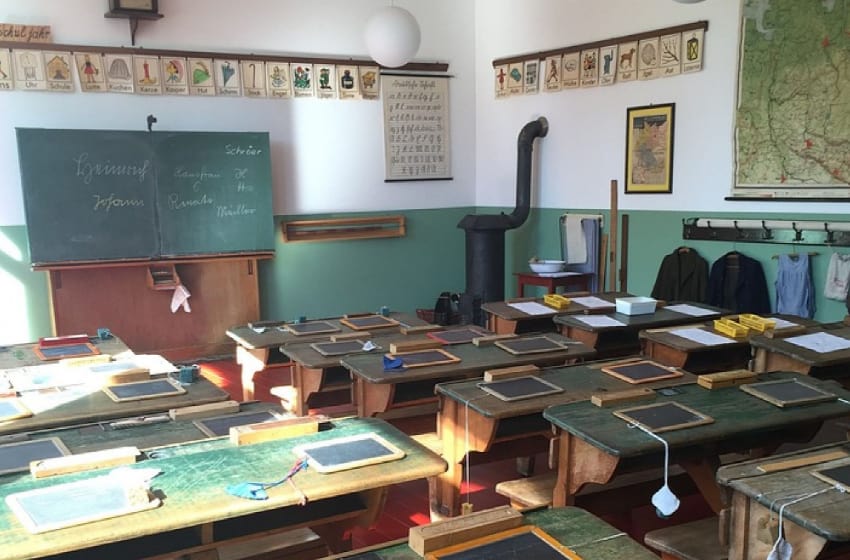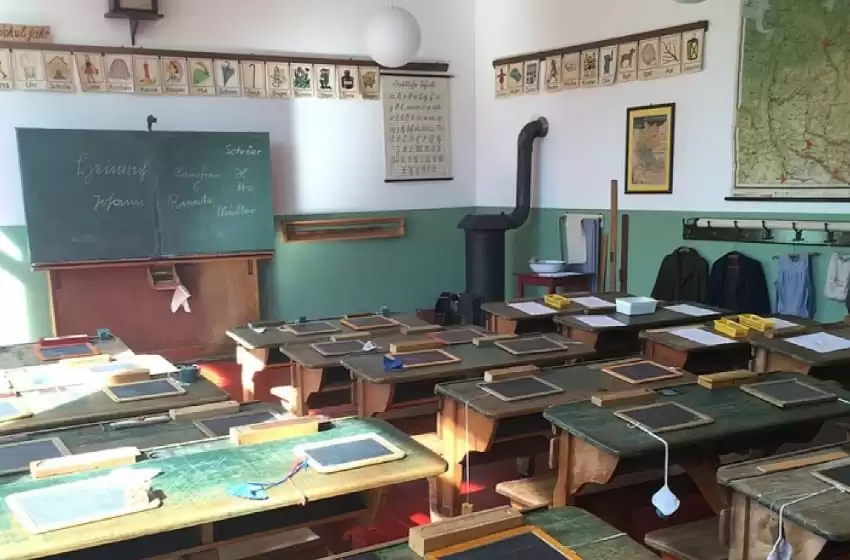

Last updated on May 7th, 2021 at 05:46 am
Thailand’s Office of the Basic Education Commission (Obec) has announced classes will be split and students will go to school on alternate days when the new term starts on July 1. Reducing the amount of school time they will have for learning. Obec says the decision was made at meeting this week, the Bangkok Post reported.
Senior officials met to assess the remote learning program organised for students during the Covid-19. The program will run until the new term starts on July 1st, a delay of around two months. However, individual schools will weigh health safety in their localities and determine if they can proceed with a July 1 opening. Obec has limited the number of primary students in each class to no more than 20. While high school can no more than 25 students, says Obec secretary-general Amnat Wichayanuwat.
Where the numbers exceed the limits, the students in each class may be split into two groups. The students will go to school on alternate days. by splitting classes and moving to alternate days, many students will have their learing times cut by almost half. Further limiting students from a better education. In the meantime, classes must implement hygiene and cleanliness measures. And above all practice social distancing. Mr Amnat said directors of 225 education area offices nationwide are to follow up on the new method.
Earlier, the Bangkok Metropolitan Administration (BMA) decided it would introduce the alternate-day arrangement at 233 schools. The schools have more 400 students each. In small schools with 20 students or less in each class, students will go to school on from Monday to Friday. Meanwhile, Obec said teachers and administrators of schools are satisfied with the long-distance learning program via television. The office surveyed their opinions from May 18-28. The survey, with 17,916 respondents nationwide, found 67% were satisfied with the program. Also, 65% said they understood the subjects broadcast during the program. Thailand’s Equitable Education Fund (EEF) has announced 500 volunteer teacher will be deployed to provide educational support for students in rural areas. The volunteers will assist students taking part in a long-distance learning program introduced as a result of the Covid-19 pandemic. The volunteers teachers will work to support 279 rural schools across 45 provinces in Thailand. Schools which are conducting long-distance classes via an on-air platform broadcast on TV.
The Indonesian rock climbing team presented a high level of performance at the ASEAN Climbing Championship 2025, in Putrajaya, Malaysia.…
A dystopian survival thriller drama which took the world by storm in all the regions of streaming is the one…
There are many records and world records for the batters and bowlers as an individual, when we look at the…
There are many platforms which cover diverse k-dramas that are set in multiple genres. Especially the romantic genre receives a…
Heart Signal is a well-known dating reality show in South Korea, coming back with Season 5, and its fans around…
Who said the legacy of the sequels has become outdated or ended with a goodbye? Hollywood is all to surprise…
This website uses cookies.
Read More
View Comments